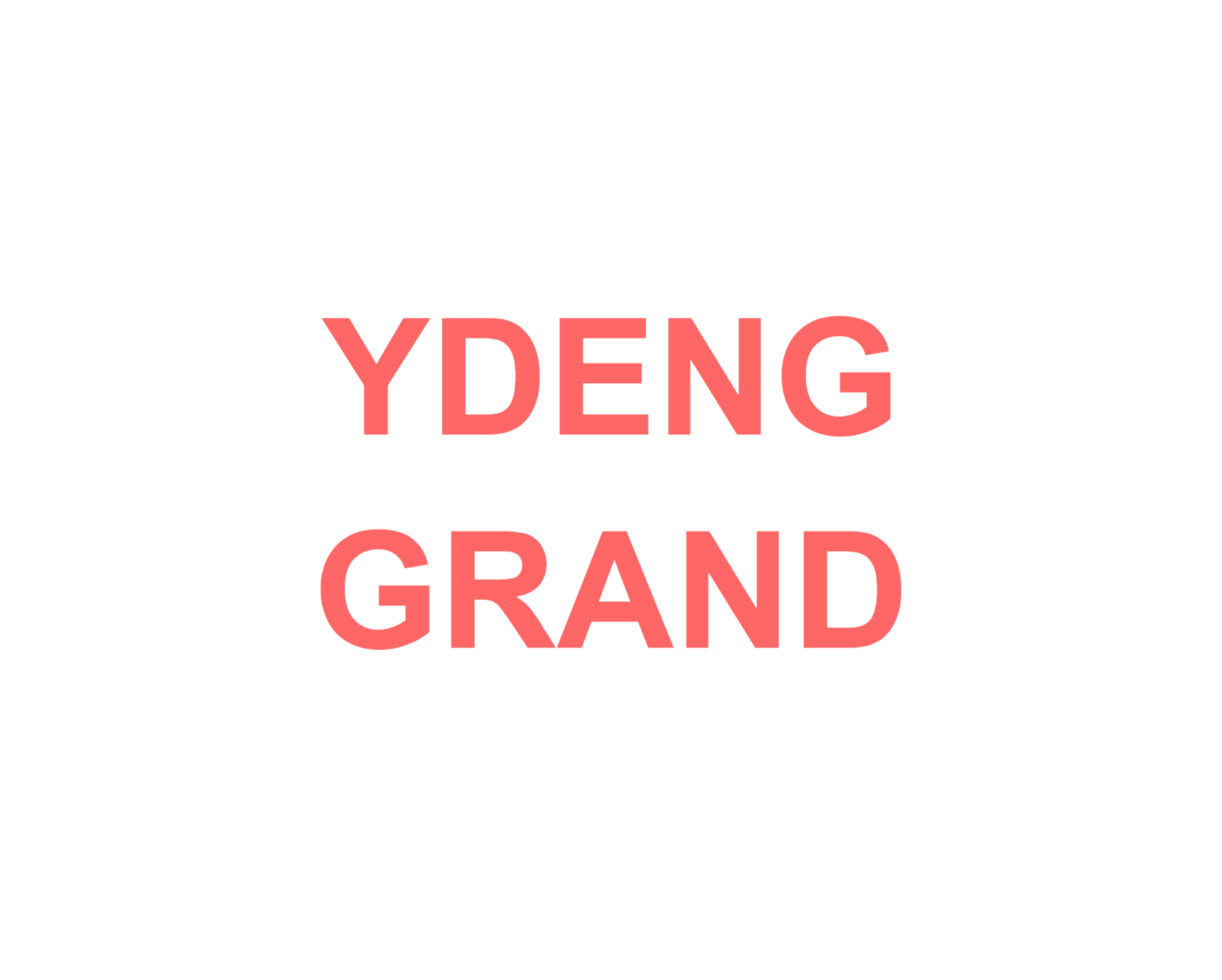Dyson NL represents a fascinating intersection of cutting-edge technology and sustainability. Known for its revolutionary vacuum cleaners, air purifiers, and hair care products, Dyson has consistently pushed the boundaries of innovation. This article delves into the company’s Dutch operations (Dyson NL), its contributions to sustainable tech, and what sets it apart in the competitive market of household and personal care appliances.
The Origins of Dyson NL
The Origins of Dyson NL
The establishment of Dyson’s presence in the Netherlands marks a significant chapter in the company’s global expansion, strategically positioning itself to leverage the unique advantages offered by the Dutch landscape. While Dyson’s global headquarters remain in the UK and its manufacturing primarily in Southeast Asia, the Netherlands emerged as a key location for specific operational and strategic reasons, contributing significantly to its European market penetration and innovation pipeline. The move wasn’t about relocating the core of Dyson’s research and development but about strategically distributing key business functions to optimize access to markets, talent, and logistical infrastructure.
Several factors underpinned Dyson’s decision to establish a strong foothold in the Netherlands. Firstly, the Netherlands boasts unparalleled logistical advantages. Its strategic geographic location at the heart of Europe, coupled with world-class infrastructure, including the Port of Rotterdam (one of the largest and busiest ports globally) and Amsterdam Airport Schiphol, facilitates seamless distribution of goods across the continent. This robust infrastructure reduces transportation costs and lead times, ensuring efficient delivery of Dyson’s products to consumers throughout Europe. Dyson could centralize its European distribution network in the Netherlands, allowing for faster and more cost-effective delivery to its customers.
Secondly, the Netherlands is a hotbed for innovation and technological advancement. The country has a strong reputation for its collaborative approach to research and development, fostering partnerships between universities, research institutions, and private companies. This environment attracts highly skilled engineers and scientists, creating a talent pool that Dyson could tap into. By establishing a presence in the Netherlands, Dyson gained access to this pool of highly qualified professionals, particularly in areas such as software engineering, electronics, and mechanical engineering, allowing them to contribute to the company’s ongoing research and development efforts.
Thirdly, the Netherlands offers excellent access to European markets. As a member of the European Union, the Netherlands provides seamless access to a large consumer base with significant purchasing power. This allows Dyson to efficiently serve its existing customers in Europe and expand its reach into new markets. The Netherlands also offers a stable and predictable regulatory environment, which is essential for businesses operating across international borders.
Significant milestones in Dyson NL’s growth likely involved the initial establishment of distribution and logistics centers, followed by the expansion into sales and marketing operations. As Dyson NL matured, it likely invested in dedicated research and development teams tasked with adapting existing technologies or even crafting new ones to cater specifically to European consumer preferences and regulatory requirements. This could involve tailoring product designs, optimizing energy efficiency to meet local standards, or developing software features customized for regional language preferences. Over time, Dyson NL integrated more deeply into the Dutch innovation ecosystem, forging ties with local universities and research institutions.
Key Innovations from Dyson NL
Key Innovations from Dyson NL
Dyson NL, building upon the foundations laid by its strategic establishment in the Netherlands, has become a crucial hub for refining and implementing some of Dyson’s most celebrated technological breakthroughs. While the initial stages focused on leveraging the Netherlands’ logistical advantages and access to the European market, the subsequent growth allowed Dyson NL to play an increasingly significant role in the practical application and enhancement of core Dyson technologies. The integration of local talent and Dutch engineering perspectives facilitated the optimization of products like cordless vacuums, bladeless fans, and air purifiers to better meet the specific needs and demands of the European consumer base.
Cordless vacuums, a flagship product for Dyson globally, have seen considerable refinement through Dyson NL’s efforts. The core innovation, of course, lies in the patented cyclonic separation technology. This ingenious engineering principle eliminates the need for traditional vacuum bags, instead using powerful centrifugal forces to separate dust and dirt particles from the airflow. This prevents loss of suction, a common problem with conventional vacuum cleaners as the bag fills up. Dyson NL’s engineers have focused on optimizing the cyclonic systems for various floor types commonly found in European homes, considering factors like higher carpet density and narrower spaces in older buildings. This involved modifying the cyclone geometry and airflow dynamics within the vacuum to maintain optimal performance even under different operating conditions. Further, Dyson NL has contributed to enhancing the battery technology powering these cordless vacuums. While the initial research and development might occur elsewhere, Dyson NL has been instrumental in integrating advanced battery management systems (BMS) to prolong battery life and improve overall efficiency.
The iconic bladeless fans, marketed as Dyson Air Multipliers, represent another area where Dyson NL has contributed significantly. The underlying principle, known as air entrainment, involves drawing air in from the surroundings and amplifying it through an airfoil-shaped ramp. This design creates a smooth, continuous stream of air without the need for visible blades, making the fan safer, easier to clean, and aesthetically pleasing. Dyson NL has primarily focused on refining the aerodynamic profiles and optimizing the internal diffuser mechanisms to minimize noise and maximize airflow efficiency. This involved extensive computational fluid dynamics (CFD) simulations and wind tunnel testing to fine-tune the fan’s performance characteristics for diverse European climates where consumer may required both heating and cooling functions in one device.
Air purifiers are increasingly vital consumer products, and Dyson NL has been actively involved in adapting Dyson’s air purification technology for the European market. Dyson air purifiers employ a multi-stage filtration process to remove pollutants such as dust, pollen, allergens, and even ultrafine particles from the air. This typically involves a HEPA (High-Efficiency Particulate Air) filter and an activated carbon filter. Dyson NL’s contributions have centered on enhancing the integration of smart technology within the purifiers, utilizing sensor data to automatically adjust fan speed and filtration levels based on real-time air quality. This has involved collaboration with Dutch environmental monitoring agencies to tailor the purifier’s algorithms to effectively address the specific air pollution challenges prevalent in different regions of Europe. The focus extends to ensuring that these products are not only technologically advanced but also environmentally sound, a crucial bridge to the sustainability efforts discussed in the next chapter.
Sustainability Efforts in Dyson NL
Sustainability Efforts in Dyson NL:
Dyson NL’s commitment to sustainability is deeply interwoven with its innovative pursuits, reflecting a holistic approach that spans product design, material sourcing, and manufacturing processes. The company recognizes that technological advancement must be intrinsically linked to environmental responsibility, and its operations in the Netherlands serve as a crucial hub for realizing these ambitions within the European market.
A cornerstone of Dyson NL’s sustainability strategy is the design and engineering of energy-efficient products. Drawing upon the advanced digital motor and cyclonic separation technologies, further refined in the Netherlands, Dyson NL aims to minimize energy consumption without compromising performance. Cordless vacuums, for instance, are engineered for optimal battery life and suction power, allowing users to clean effectively while using less energy compared to traditional corded models. Similarly, bladeless fans and air purifiers are designed with intelligent energy management systems that adjust power usage based on real-time environmental conditions, reducing unnecessary energy waste.
Furthermore, Dyson NL is actively exploring and implementing the use of recyclable and sustainably sourced materials in its products. The company is increasingly focused on reducing its reliance on virgin plastics and incorporating recycled plastics, aluminum, and other materials into its products whenever possible. This requires extensive research and development to ensure that these alternative materials meet Dyson’s stringent performance and durability standards. The Netherlands-based team plays a key role in evaluating the feasibility and scalability of using new sustainable materials, working with suppliers and research institutions to identify innovative solutions.
Beyond product design, Dyson NL is dedicated to improving the sustainability of its manufacturing processes. The company is actively investing in reducing its carbon footprint by optimizing energy consumption in its facilities and exploring renewable energy sources. This includes implementing energy-efficient lighting and HVAC systems, as well as potentially sourcing renewable energy to power its operations. Dyson NL is exploring other measures to minimize waste generation through closed-loop manufacturing and material recovery programs. The Netherlands, with its advanced waste management infrastructure and emphasis on circular economy principles, provides a favorable environment for piloting and implementing these initiatives.
Dyson NL’s sustainability initiatives are fully aligned with Dyson’s broader global sustainability goals, which include reducing its carbon footprint across its entire value chain, minimizing waste, and promoting responsible sourcing. The Netherlands operations contribute to these goals by focusing on innovation in product design and manufacturing, as well as by collaborating with local partners to develop sustainable solutions.
Crucially, Dyson NL operates within the framework of stringent Dutch environmental regulations and actively works to exceed compliance standards. The Netherlands has some of the most progressive environmental policies in Europe, particularly regarding waste management, energy efficiency, and emissions reductions. Dyson NL adheres to these regulations and strives to be a leader in sustainable practices within the Dutch tech sector. Dyson NL’s alignment with Dutch environmental regulations and dedication to global sustainability goals demonstrates its commitment to not just pioneering technological advancements, but also doing so in an environmentally responsible manner. This commitment builds on the innovations detailed previously, ensuring that cutting-edge technology and environmental mindfulness go hand-in-hand.
Dyson NL’s Role in the Dutch Tech Ecosystem
Dyson NL’s Role in the Dutch Tech Ecosystem:
Dyson NL’s presence significantly enriches the Dutch technology and innovation landscape, operating as more than just a subsidiary of a global giant. Its interactions demonstrate a strategic integration with local resources and expertise, fostering a symbiotic relationship that benefits both Dyson and the Netherlands. One significant aspect of this integration is Dyson NL’s collaborative partnerships with Dutch universities and research institutions. These collaborations often take the form of research projects aimed at pushing the boundaries of technology in areas core to Dyson’s product development, such as robotics, aerodynamics, and material science. For example, Dyson might partner with the Delft University of Technology, renowned for its engineering programs, to explore advanced sensor technologies for its vacuum cleaners or air purifiers. These partnerships not only provide Dyson with access to cutting-edge research and talent but also offer valuable real-world applications for academic research, bridging the gap between theory and practical implementation.
Furthermore, Dyson NL actively participates in the broader Dutch tech community through collaborations with other tech companies. These collaborations can involve joint development projects, knowledge sharing initiatives, or participation in industry consortia. By engaging with other players in the ecosystem, Dyson NL benefits from diverse perspectives, accelerates innovation, and contributes to the overall growth of the Dutch technology sector. These activities directly support the Dutch economy and improve the country’s positioning as a technological hub. These partnerships could extend to companies specializing in software development for smart home integration, enabling Dyson’s products to seamlessly connect with other devices and platforms within the home environment.
Moreover, the Dutch government’s policies and incentives play a crucial role in supporting Dyson’s operations and fostering its commitment to innovation and sustainability. The Netherlands offers a range of tax incentives, research and development grants, and other financial support mechanisms designed to attract and retain innovative companies. These incentives can significantly reduce the financial burden of research and development activities, encouraging Dyson NL to invest in longer-term, high-risk projects with potentially transformative outcomes. In addition, the Netherlands’ commitment to sustainability aligns perfectly with Dyson’s corporate values, creating a supportive environment for Dyson NL’s sustainability initiatives. Government policies promoting renewable energy, waste reduction, and circular economy practices complement Dyson NL’s efforts to develop energy-efficient products and adopt sustainable manufacturing processes. The Dutch government actively promotes industry collaboration through various initiatives, further amplifying Dyson NL’s ability to partner with local entities and contribute to the overall innovation landscape. This supportive ecosystem nurtures technological advancement and environmentally conscious practices in tandem, distinguishing Dyson NL as a key contributor to both realms within the Dutch context.
Challenges and Future Prospects for Dyson NL
Challenges and Future Prospects for Dyson NL
Dyson NL, while demonstrably innovative and deeply integrated within the Dutch tech ecosystem, faces a complex array of challenges that demand both strategic agility and unwavering commitment to its core values. These challenges stem from fierce market competition, the ever-evolving regulatory landscape, and the shifting sands of consumer expectations. Navigating these hurdles while maintaining a trajectory of technological and sustainable advancement will be crucial for Dyson NL’s continued success.
The competitive landscape for Dyson NL is intensely crowded. Established players in household appliances and personal care, like Philips and Bosch, boast extensive market reach and well-established brand loyalty. Simultaneously, the rise of agile startups and international tech giants introduce disruptive technologies and alternative solutions, forcing Dyson NL to constantly innovate and differentiate its products. Maintaining a premium brand image while justifying the higher price point requires continuous investment in research and development, effective marketing strategies, and a relentless focus on superior performance and user experience. Successfully competing also means anticipating and adapting to emerging trends, such as the growing popularity of smart home devices and personalized healthcare solutions.
Regulatory hurdles present another significant challenge. Environmental regulations pertaining to energy efficiency, waste management, and product lifecycle are constantly evolving, particularly within the European Union and the Netherlands. Dyson NL must proactively comply with these regulations, which often necessitate significant investment in sustainable design, responsible sourcing of materials, and efficient manufacturing processes. Furthermore, regulations concerning data privacy and consumer protection demand rigorous attention to data security protocols and transparent business practices. This requires a proactive engagement with regulatory bodies and a willingness to adapt products and processes to meet the highest standards.
Consumer expectations are becoming increasingly sophisticated and demanding. Consumers not only expect high-performance products but also prioritize sustainability, ethical sourcing, and social responsibility. This necessitates a holistic approach that considers the entire lifecycle of a product, from raw material extraction to end-of-life disposal. Dyson NL must demonstrate a genuine commitment to environmental and social responsibility through transparent communication, sustainable product design, and active engagement with local communities. Furthermore, consumers expect personalized experiences, seamless connectivity, and continuous product improvements. Meeting these evolving expectations requires leveraging data analytics, artificial intelligence, and agile development methodologies.
Looking ahead, Dyson NL has several promising future projects and potential product launches that could solidify its position as a pioneer in technology and sustainability. The company is actively exploring new applications of robotics, artificial intelligence, and advanced materials to develop next-generation household appliances, personal care products, and energy storage solutions. Investment in solid-state battery technology holds the potential to revolutionize its cordless product range, offering longer run times, improved energy density, and enhanced safety. Further exploration of air purification technologies could lead to innovative solutions for addressing indoor air quality challenges in urban environments.
To stay at the forefront of technological and sustainable advancements, Dyson NL plans to strengthen its collaborations with local universities, research institutions, and other tech companies. These partnerships will enable the company to access cutting-edge research, attract top talent, and accelerate the development of innovative solutions. Furthermore, Dyson NL intends to invest in employee training and development programs to foster a culture of innovation and empower its workforce to embrace new technologies and sustainable practices. By proactively addressing these challenges and capitalizing on emerging opportunities, Dyson NL is positioning itself for sustained success and continued leadership in the global technology landscape.
Conclusions
Dyson NL embodies the fusion of groundbreaking technology and environmental responsibility. From its strategic establishment in the Netherlands to its continuous innovations and sustainability efforts, the company sets a high standard in the tech industry. As it navigates future challenges, Dyson NL remains a key player in shaping the landscape of smart, eco-friendly appliances for years to come.
















